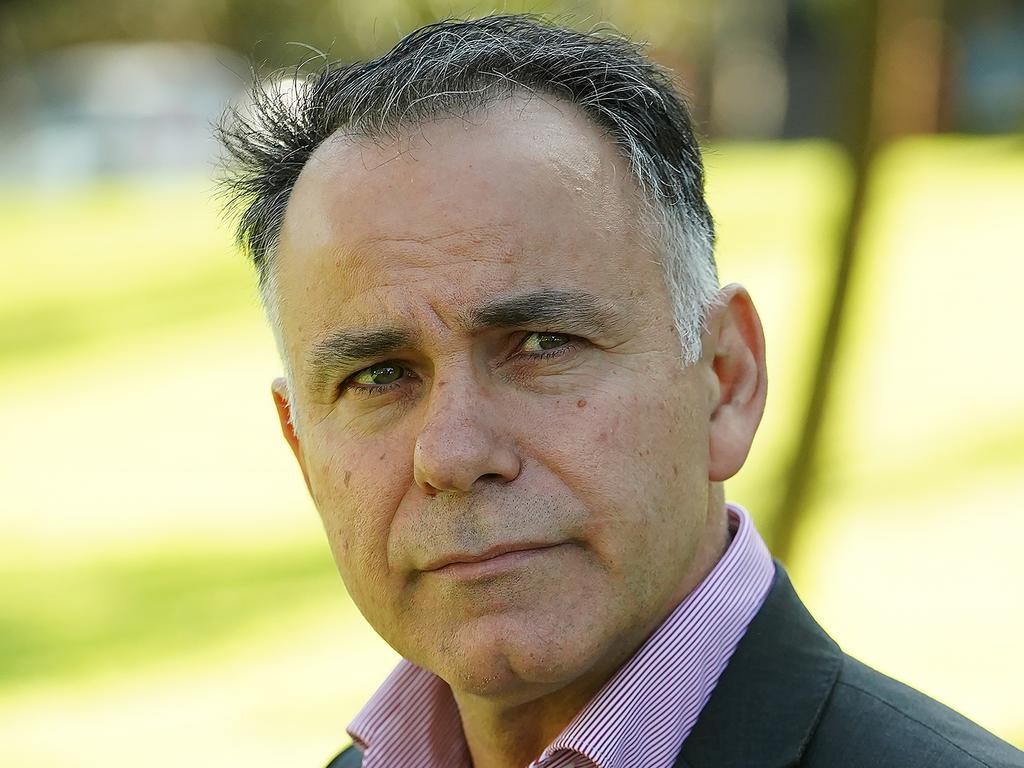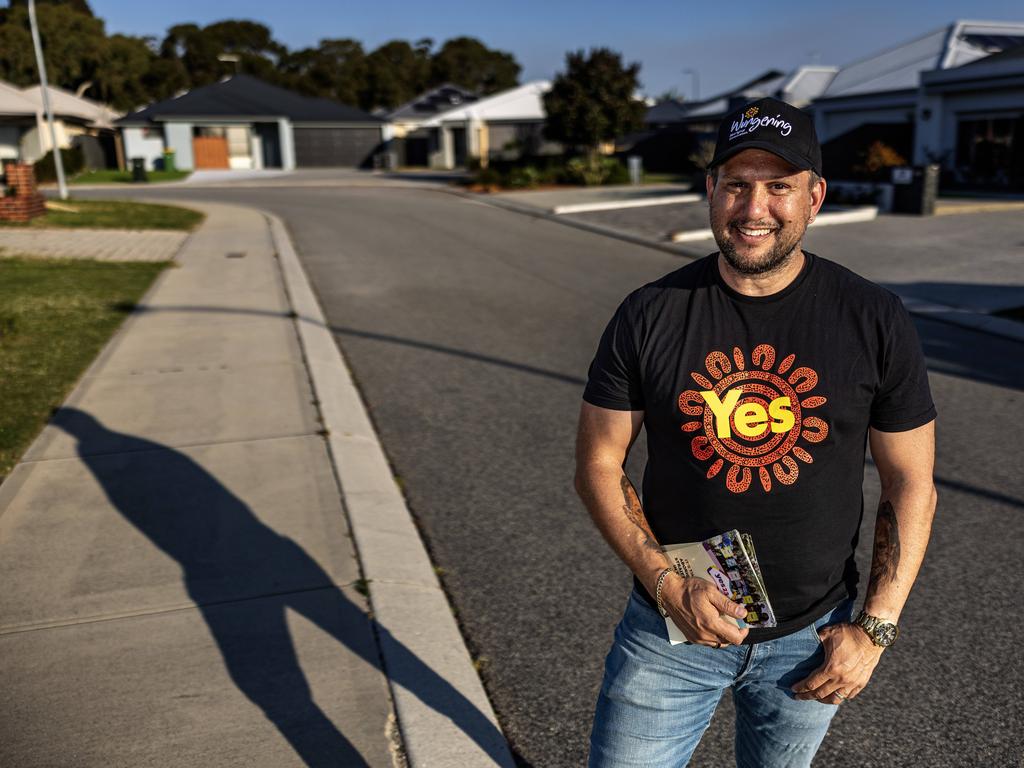Voice is little more than an elite grab for money and power

If the proposal is carried, a small racial minority will have constitutional privileges denied the majority of Australians. It will permanently define our system of government as one country, two systems. It will establish a platform for the politics of envy. The very expectation of race-based benefits is no doubt reflected in the latest census, which recorded a 25 per cent jump in those identifying as Indigenous.
The Uluru Statement from the Heart may be well-intended, but its authors are open to the charge that it’s really about more power and money for elites. After all, Indigenous people are anything but voiceless now. Indeed, in the past 15 years, thousands of Indigenous voices have been heard and tens of billions of taxpayer dollars, together with royalties and service payments, invested where the collective voices recommended. It is not clear how an additional voice will improve Indigenous lives.
We are told the voice is about respect. But surely Indigenous people are paid respect daily? Senior Indigenous voices have permanent positions on peak Indigenous bodies, agencies and summits. Land rights have been extended to 55 per cent of the continent. Every day, non-Indigenous Australians demonstrate respect in rituals, acknowledging Indigenous elders past and present, and the traditional custodians of the land on which they stand. Letterheads are adorned with respectful acknowledgments and places are being given Indigenous names. Indigenous flags have become more ubiquitous than the national flag. Most importantly, there are 25 Indigenous members in federal, state and territory parliaments, which, based on population, is an overweight representation. This is surely the ultimate sign of respect.
Former PM Kevin Rudd’s apology in federal parliament for the “Stolen Generation” was hailed at the time as of immense significance in Australia’s journey towards reconciliation and healing. Fifteen years on, it has done little to generate reciprocal respect and goodwill from Indigenous leaders.
Dispassionate analysis of Indigenous conditions points to the greatest concentration of misery being where Indigenous voices are loudest. While reliable statistics are limited, it seems on important metrics such as life expectancy Indigenous people in remote communities die seven to eight years earlier than their peers in the cities.
These communities are also where child neglect and sexual abuse are reaching epidemic proportions. The rate at which Indigenous children were removed from their families increased by 80 per cent between 2008 and 2017, the years following Rudd’s apology. Of the $4.1bn spent on community support and welfare services, the largest proportion (29 per cent) is spent on child protection and out-of-home care (compared with 6.5 per cent for non-Indigenous people). In years to come will they be characterised as another “stolen generation”?
It’s no good blaming British colonialism or endemic racism for these conditions. After decades of widespread community goodwill and tangible support from governments, it’s time for the Indigenous industry to recognise it too is not blameless. It could have addressed these issues through the Aboriginal and Torres Strait Islander Commission back in 1990. ATSIC had a legislative mandate that gave it an increasingly independent voice on policy to government. But ATSIC was beset by incompetence, mismanagement and, allegedly, serious criminal behaviour by its leadership. It was disbanded in 2005. Had it been enshrined in the Constitution, it would still be there.
Handouts and low expectations remain the hallmark of the Indigenous industry. It leaves Indigenous people stranded in remote communities, victims of a system that continues to shore up those great impediments to economic development – legally protected Aboriginal land councils.
These are where the greatest misery exists. Jobs and property rights are non-existent. There can be one store for a thousand people. Tradespeople are flown in and out to fix what vocationally trained locals could do. But blind eyes are turned to education and chronic school truancy, and local languages are preferred to English. Here crime flourishes, and it’s where extortionate demands deter mining and other developments that could generate employment and individual mobility.
The voice won’t fix that. Indeed voice advocates want guarantees of self-determination and independence from government. If achieved, unaccountable elites will wield even more control over the powerless people held captive by custom and victimhood in remote communities.
This very realisation should cause voters in the referendum to vote with their heads, not their hearts. It is a lose-lose proposition, especially for Indigenous people.







Whichever way the voice referendum goes, division and acrimony will surely follow. Like so many government policy initiatives these days, this one is about “the vibe”, consequences be damned. Should the voice be rejected, the people’s verdict is unlikely to be respected. Public protests and unrelenting demands for a treaty, self-determination and reparations will follow. At home and abroad, Australians will be portrayed as racists.